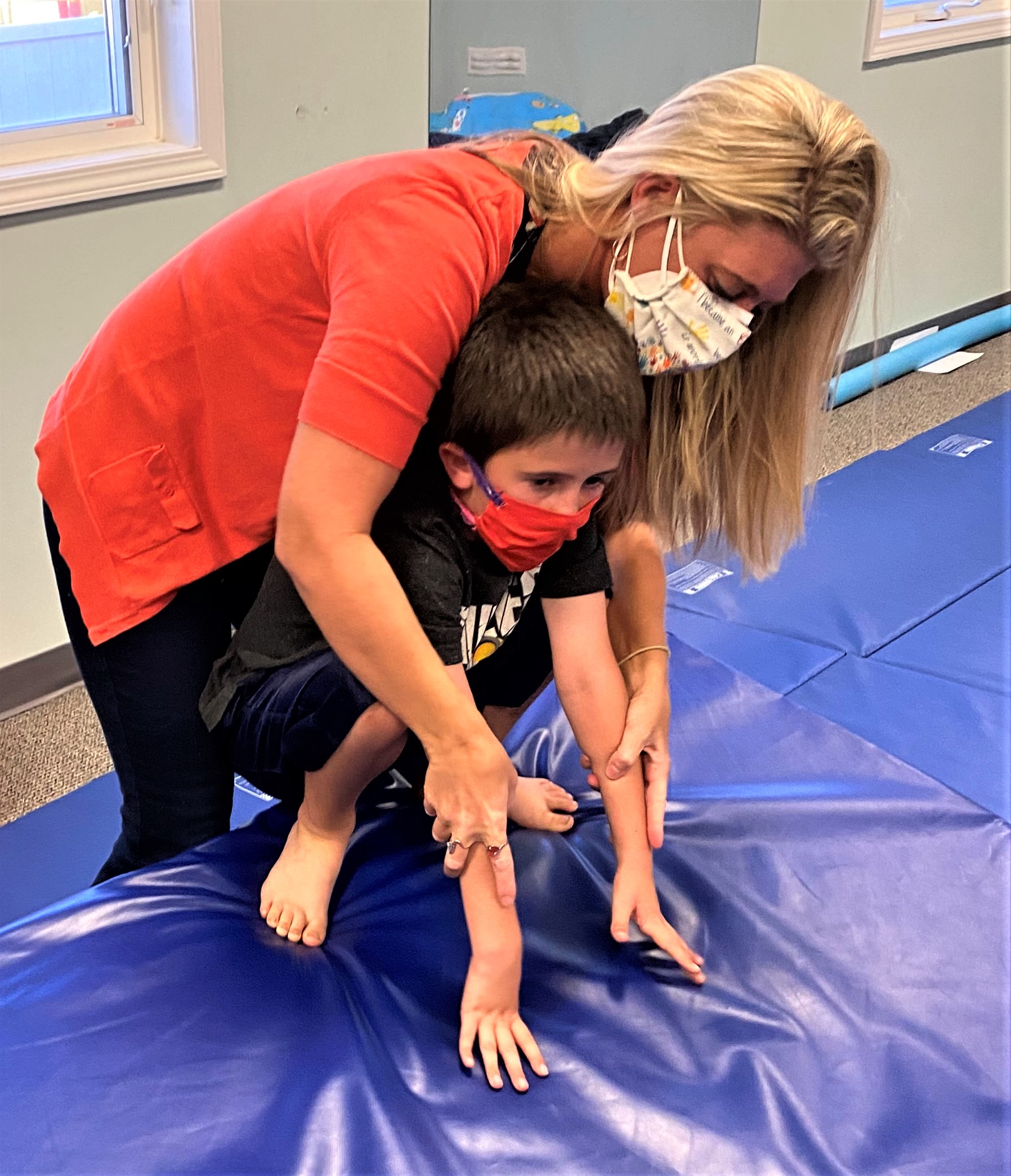Motor Skill Development
We often hear about developmental milestones; these are basic motor skills that children are expected to achieve at various stages within early childhood. Sometimes children do not achieve these milestones as expected and this may lead to difficulties with tasks as they become older. There are several reasons as to why a child may not achieve developmental milestones as expected and these may include developmental, neurological, genetic, or even environmental causes.
It is important to understand that children begin motor skill development in utero and continue to gain and refine their skills as they grow into adolescents. Intact motor skills are needed to be independent in daily routines. Tasks such as playing outside, sitting at the dinner table, riding in a car, getting dressed, writing their name, feeding themselves, and participating in academic tasks are just a few of the motor-driven routines that children engage in frequently.
Several foundational skills go into what may seem like a simple task such as sitting in a chair or holding a cup. These foundations lead to successful participation in more complex motor tasks like riding a bike or playing basketball. Children who have gaps or challenges in motor foundations may struggle to fully participate in tasks common for a child their age. Occupational Therapy develops intact motor foundations to build new skills, thereby leading to independence.
Motor skill development begins with reflex integration, postural abilities, and basic coordination. Once these areas are strengthened, the refinement of motor actions, timing, sequencing, and anticipatory responses can be established.
Occupational therapy promotes skills acquisition using a developmental sequence while considering the child’s strengths vs weaknesses, body systems, and environmental demands. Interventions are delivered using a play-based model that uses the child’s intrinsic motivations and interests to guide the therapeutic process.




